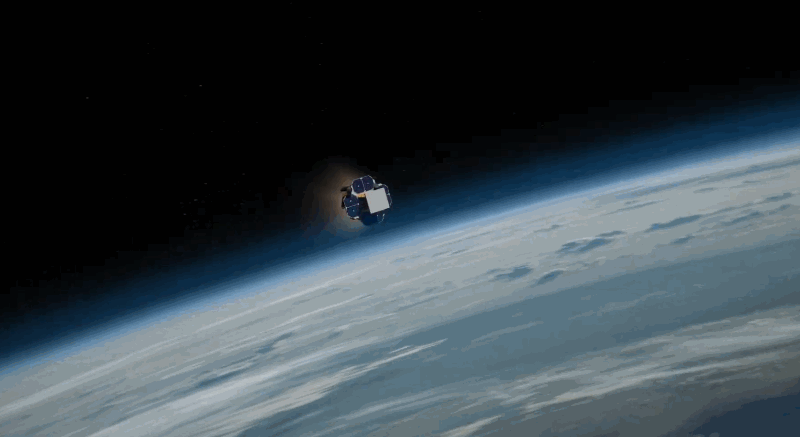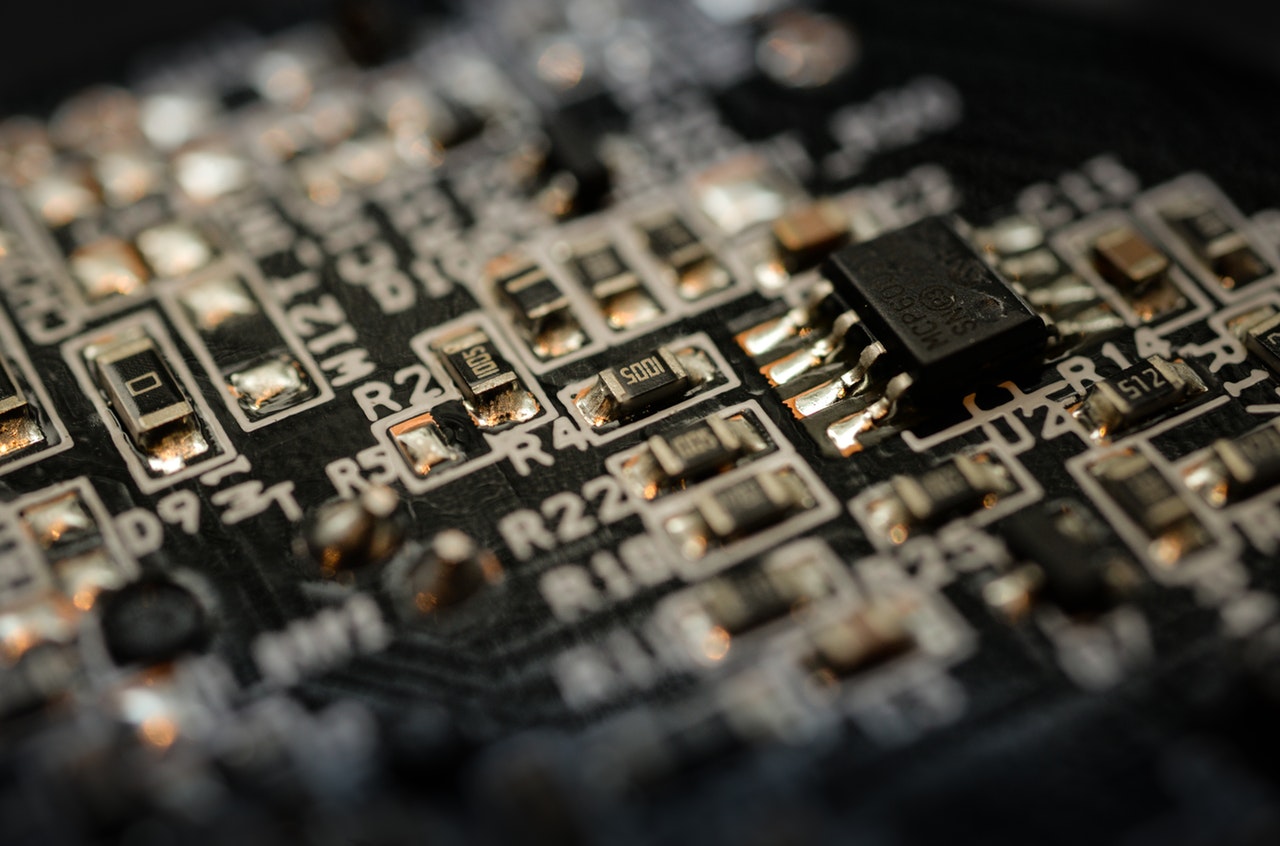Rocket Lab secretly launched its very first satellite, ‘First Light’

Rocket Lab’s 14th mission, “I Can’t Believe It’s Not Optical,” had a stowaway aboard. The New Zealand launch company quietly included its first fully functioning satellite next to its paying customer’s payload. First Light, as it’s called, is a sort of tech demo intended to show how access to orbit doesn’t have to be, as CEO and founder Peter Beck put it, “kind of a pain in the butt.”
Rocket Lab has telegraphed this move for some time; the Photon satellite platform was announced early last year, and in March it acquired spacecraft maker Sinclair Interplanetary. It was just a matter of when the company would choose to press the button, and it has now done so.
As Beck explained in a live broadcast today (now that First Light has successfully deployed into orbit), the company felt that “access to space” is, in many ways and despite the inherent risks, a solved problem. The next biggest pain point, he said, is that “it’s just really painful to go from an idea to getting something in orbit.”
It’s cause for celebration, he said, when a project can go from idea to orbit in 18 months. That’s far too slow to keep up with innovation on the ground, especially for startups, which may not have 18 months of runway. “We need to fix that,” Beck said.
Photon and First Light represent Rocket Lab’s new business proposition of providing a flexible platform for a modern satellite, and one that fits hand-in-glove with its Electron launch vehicle and other services. Acting as a partner throughout the process rather than just the launch provider is of course more work and money for Rocket Lab, and if things go well it could be much faster and cheaper for the customer as well.
There will be other, new versions of Photon as well, as cislunar and interplanetary space become targets for Electron launches. Rocket Lab is already signed on for a lunar mission, NASA’s experimental CAPSTONE craft, which will be based on Photon and help clear the way for later Artemis missions.



